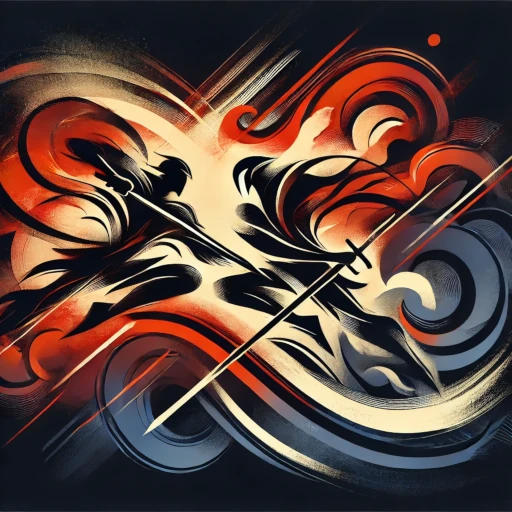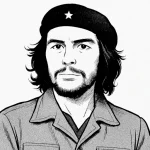“I started to make a study of the art of war and revolution and, whilst abroad, underwent a course in military training. If there was to be guerrilla warfare, I wanted to be able to stand and fight with my people and to share the hazards of war with them.”

- July 18, 1918 – December 5, 2013
- Born in South Africa
- Politician, lawyer
table of contents
Quote
“I started to make a study of the art of war and revolution and, whilst abroad, underwent a course in military training. If there was to be guerrilla warfare, I wanted to be able to stand and fight with my people and to share the hazards of war with them.”
Explanation
In this quote, Nelson Mandela reflects on his decision to take an active role in the military aspect of the anti-apartheid struggle. As the African National Congress (ANC) shifted towards armed resistance in the 1960s, Mandela recognized the need to understand the tactics of guerrilla warfare to lead his people effectively. His desire to “stand and fight with my people” speaks to his deep sense of solidarity with the oppressed and his commitment to shared sacrifice. This decision was not taken lightly, as it marked a shift from peaceful protest to the adoption of armed struggle in response to the brutal repression of the apartheid regime.
Mandela’s decision to undergo military training was also influenced by the increasing violence and injustice of the apartheid government. After years of peaceful resistance, the ANC found itself confronting a regime that was unwilling to negotiate or make meaningful reforms. Mandela, therefore, saw the need for an organized, armed resistance as a necessary step in the fight for freedom. His willingness to undergo this training reflected his deep commitment to the cause, and his belief that he should not just be a leader but an active participant in the struggle. This aligns with his broader leadership philosophy of shared leadership and sacrifice, where he was not asking others to do what he was unwilling to do himself.
This passage also highlights Mandela’s pragmatism and determination. He recognized that in order to lead effectively in a revolution, one needed to have the knowledge and skills to not only inspire people but to also be prepared to engage directly in the risks and challenges of armed resistance. In modern contexts, this understanding of practical leadership is relevant for leaders who seek to guide their people through times of crisis or conflict, showing that true leaders are those who are willing to engage directly with the issues at hand and share the burdens of those they lead.
Would you like to share your impressions or related stories about this quote in the comments section?



